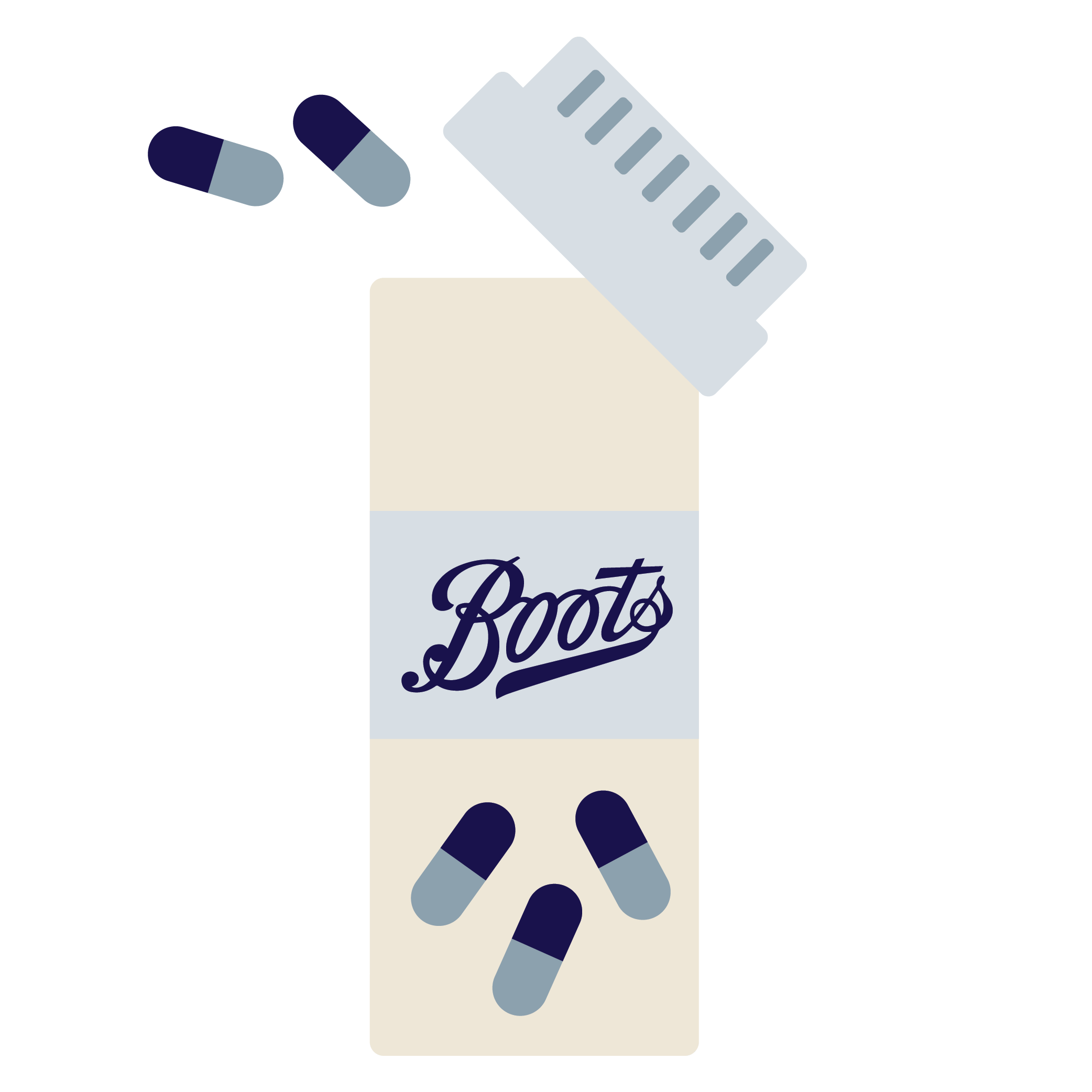
HAYFEVER TREATMENT FACTS
HAYFEVER TREATMENT FACTS
About hayfever treatment
We offer tablets, nasal spray and eye drops to help with your hayfever symptoms. These treatments can’t cure your hayfever or allergy, but they can reduce the impact it has on your day-to-day life.
We can prescribe antihistamine as either tablets or nasal sprays, as well as eye drops. We also offer a range of corticosteroid (steroid) nasal sprays.
If other single treatments haven’t helped, or you’ve been prescribed it before, we can also prescribe Dymista spray. This is a combination nasal spray that contains an antihistamine and a corticosteroid.
How do hayfever treatments work?
Antihistamines help to manage your hayfever by blocking the action of histamine. Histamine is one of the chemicals your body releases when it reacts to an allergen. Blocking the histamine helps relieve symptoms.
Corticosteroid sprays calm down the swelling and inflammation in your nose, which helps relieve your allergy symptoms.
Antihistamines give quick relief from symptoms and you can use them as a one-off treatment — but their effect doesn’t last. Corticosteroid nasal sprays take longer to work and need to be used regularly. Their effect builds up — ideally you start using them 1–2 weeks before you typically get symptoms — but then lasts much longer.

How do I take hayfever treatment?
If we prescribe tablets, take one each day. You may find that you only need to take a tablet on a day when you have symptoms, for example if you’re exposed to animal hair. If you need tablets for hayfever, then you may need to take them regularly during the spring and summer.
For the nasal sprays, you’ll start with a prescribed dose sprayed in each nostril. You may be able to reduce this, as your symptoms improve. You should use the minimum amount of the corticosteroid spray that controls your symptoms.
If prescribed eye drops, you would put one drop in each eye, morning and night.
What are the side effects from hayfever tablets?
Side effects vary between treatments. Some common ones for antihistamine tablets include headaches and drowsiness. If you feel sleepy, don’t drive or operate heavy machinery. And avoid alcohol as this can increase your drowsiness.
For the full list of side effects and how to take the treatments, it’s important to read the Patient Information Leaflet that comes with your medicine.
What are the side effects from nasal sprays and eyedrops?
Common side effects from the sprays include nosebleeds, headaches and a dry or painful nose or throat. You might also notice an unpleasant taste or smell. Dymista may have a minor effect on your ability to drive or operate heavy machinery, so be careful until you know how this medicine affects you.
The eye drops may give you uncomfortable eyes (burning, itching, watering) and possibly blurred vision. These side effects shouldn’t last long.
For the full list of side effects and how to take the treatments, it’s important to read the Patient Information Leaflet that comes with your medicine.
Important Safety Information
It’s important that you tell us which other medicines you’re taking — whether they’re prescription or medicines you’ve bought without a prescription. You must also tell us about any other health conditions you have. We need to know so that we prescribe a suitable hayfever treatment.
Optilast eyedrops should be used for a maximum of six weeks. Rhinocort nasal spray should be used for a maximum of three months.
You should remove contact lenses before using eye drops and leave them out for 15 minutes before you replace them.
What if I’m pregnant?
If you’re pregnant or breastfeeding this service is not suitable for you.
What options do I have if I don’t take these treatments?
Whether or not you choose a medical treatment, it’s a good idea to try to avoid the allergen that’s triggering your allergic reaction. Try to identify which pollen is causing your hayfever symptoms and keep an eye on the pollen count. You can also make some lifestyle adjustments to help manage your symptoms.
If you haven’t already tried over-the-counter treatments, like nasal decongestant sprays, nasal saline sprays and non-prescription antihistamines you might want to try these first.
In severe cases your GP may recommend other add-on medications or immunotherapy. This is a long-term treatment to help you build tolerance towards pollen.
Page last reviewed by: Dr. Christina Hennessey 21/06/2021

